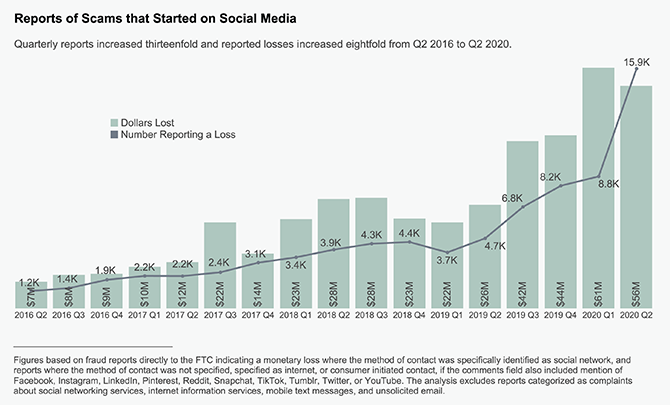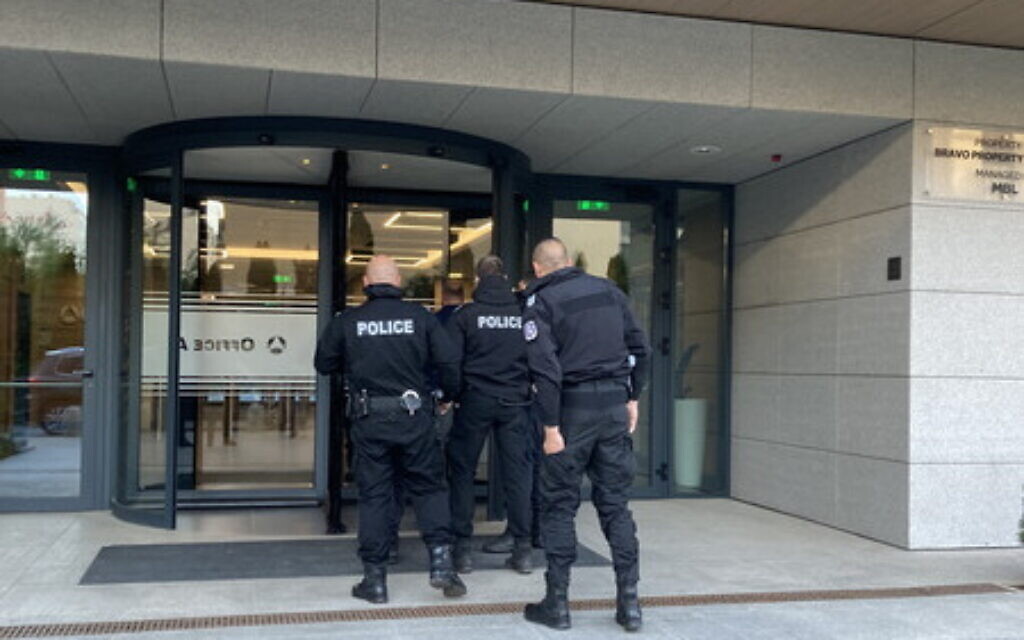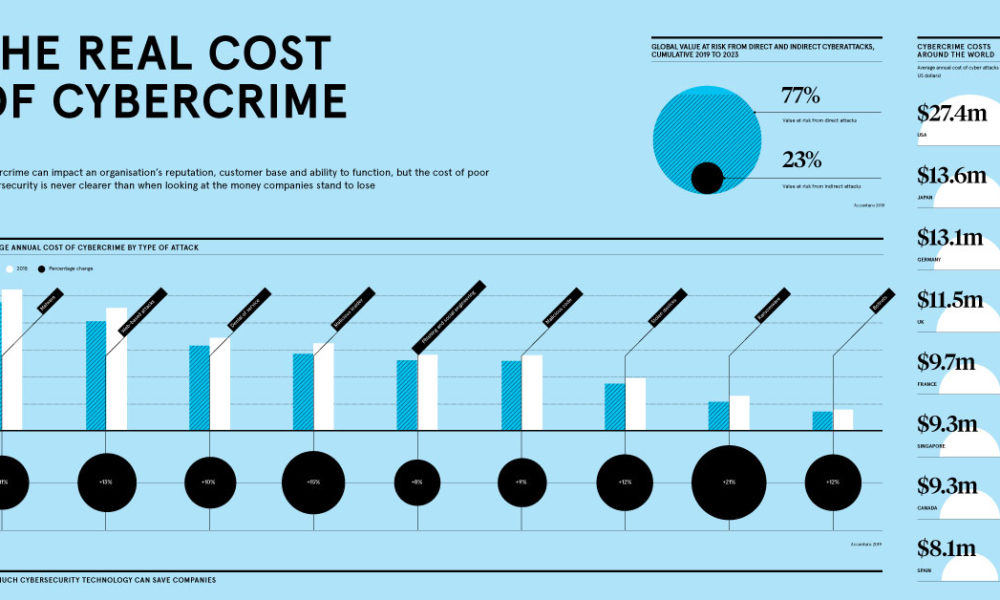Introduction
A new spate of lawsuits suggests that despite legislation and prosecutions by foreign governments, alleged investment fraud remains a lucrative business in Israel, with local law enforcement doing little to crack down on suspected online scammers.
Among the recent lawsuits filed in Israel by Aegis Soteria on behalf of alleged victims from countries including Australia, Azerbaijan, Germany, Holland, Hong Kong, India, Ireland, Italy, Japan, Malaysia, Norway, Singapore, South Africa, Sweden, Switzerland, United Kingdom and the United States are claims against individuals who used to sell binary options investments and pivoted to other financial instruments. When the binary options industry was outlawed by the Knesset in October 2017 for being irredeemably fraudulent, some of the individuals involved began selling foreign exchange bets, contracts for difference (CFDs), and cryptocurrency investments. Israeli law enforcement has indicted almost no online fraudsters, despite the fact that the industry employed thousands of people and allegedly stole billions of dollars.
Prosecutors in a European country recently mentioned that while investment scam call centers are now located throughout Europe, time after time investigators have found that a scam website’s service providers are Israeli or that fraud proceeds end up in Israeli bank accounts or in the bank accounts of individuals of Israeli origin.
Key Findings
Many of the plaintiffs are over 50 and some were allegedly bamboozled out of their retirement savings. Many of the plaintiffs allege that they began trading successfully on what seemed like a reputable website, but that when they tried to withdraw money from their accounts, they encountered resistance and were ultimately ghosted, with their formerly friendly, warm and caring account managers failing to respond to their phone calls or messages. They soon learned that their brokers had used fake names and identities. Through determined research, the hiring of private detectives, or an occasional lucky break, the plaintiffs managed to track down their alleged victimizers to Israel.
While there are dozens of lawsuits currently in process against alleged Israeli investment fraudsters, Aegis Soteria is a lead party of 10 of such suits — all of them filed in the last year and a half — as a representative sample.
In almost all cases, the defendant’s first line of defense was that they had nothing to do with the alleged scam. This claim is made by possible by the dense forest of shell companies the alleged fraudsters use, normally registered to offshore locales that keep the identities of owners and beneficiaries secret. The alleged victim often has no way of ascertaining who actually owns the website that scammed them — although often it is the owner, or an associate of the owner, of the Israeli call center involved.
Most of these lawsuits are ongoing. In the past, such lawsuits have often been resolved when the plaintiff settled with the defendant in exchange for withdrawing their lawsuit and signing a nondisclosure agreement.
While settlements or even victories in civil lawsuits offer relief to the individual plaintiff, critics argue that only criminal prosecutions can achieve a measure of justice for victims who have fallen prey to Israel’s fraudulent online trading industry.
According to Nimrod Assif, an Israeli lawyer who is suing several forex and binary options companies, only a tiny percentage of alleged victims even get as far as filing a lawsuit. “Since the perpetrators of the scam use fake names and lie about their location, most of the victims don’t know whom to sue,” he said, “or even in which country they need to search for an attorney who can help them. Also, losses up to a certain amount — at least $50,000 — don’t justify the legal costs of pursuing cross-border and complex litigation. Furthermore, the victims who have suffered significant losses are often in dire financial condition and will find it extremely difficult to come up with the amount needed to even start civil litigation.



